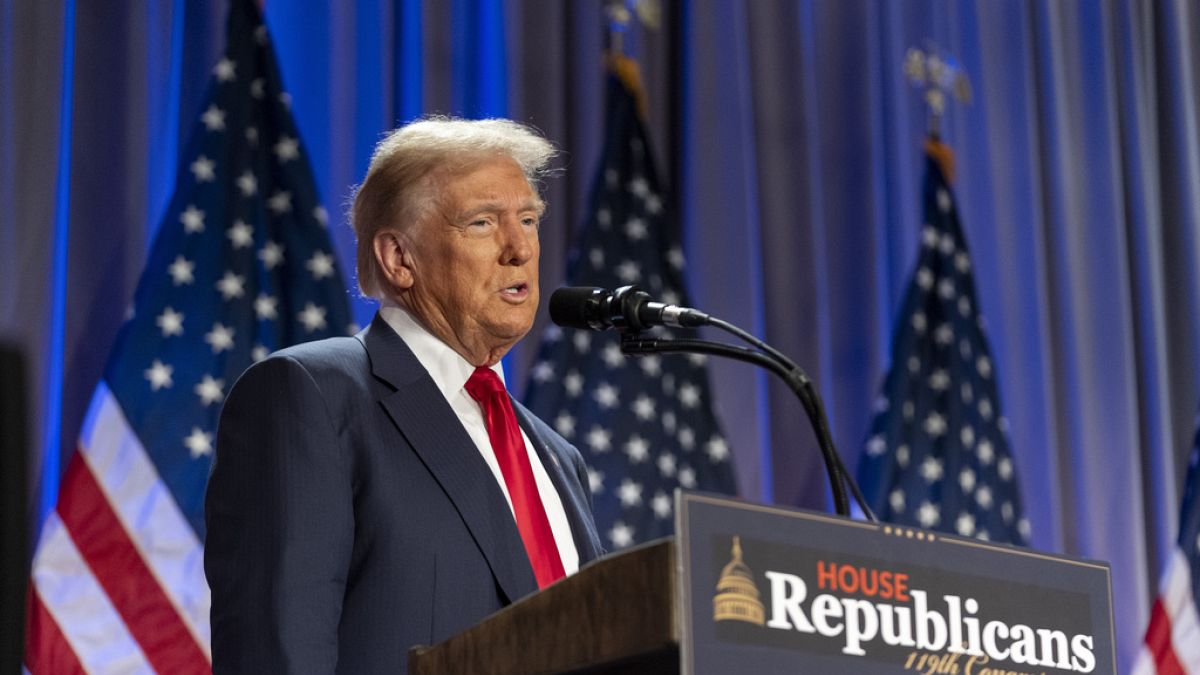The European Parliament recently conducted a debate on the future of EU-U.S. relations following the 2024 U.S. presidential election, which resulted in Donald Trump and JD Vance winning over Kamala Harris and Tim Walz. The main focus of the debate was how to engage with the new Trump administration to address challenges and leverage opportunities for both regions. The EU is seeking stable transatlantic relations and assessing how the shift in political power will affect shared priorities between the EU and the US. High Representative of the EU for Foreign Affairs and Security Policy Josep Borrell expressed concerns about the potential impact of Trump’s proposed customs tariffs and its effect on global markets, as well as the implications for migration policy.
As Trump is set to be inaugurated in January 2025, the EU is keen to maintain its strong relationship with the US, its most long-standing ally and main security provider. However, there are concerns about how Trump’s “America First” mindset, which prioritizes US interests above all else, will affect the EU’s commitment to the rules-based order. Analysts have warned of potential ECB rate cuts, euro weakness, and a recession risk as a result of Trump’s victory, which could harm Europe’s economy. The proposed 10% US tariffs on European exports like cars and chemicals could lead to a significant loss in GDP for Europe, highlighting the need for continued dialogue to ensure the survival of the alliance.
Despite the challenges posed by the new Trump administration, EU leaders recognize the importance of maintaining a dialogue to preserve the longstanding alliance between Europe and the US. The EU is facing unprecedented challenges, including economic uncertainties and security threats, and engaging with the US is seen as crucial for addressing these issues. While there are concerns about Trump’s protectionist policies and their potential impact on global trade, the EU remains committed to finding common ground and working towards mutual benefit.
The debate in the European Parliament reflects the recognition of the significant role that the US plays in Europe’s security and economic stability. The EU is looking to engage constructively with the new Trump administration to ensure that their shared priorities are addressed and that opportunities for collaboration are leveraged. The potential consequences of Trump’s proposed customs tariffs are a key concern for EU policymakers, as the impact on European exports could have far-reaching implications for Europe’s economy. By maintaining an open dialogue and seeking common ground, the EU aims to navigate the challenges posed by the new administration and uphold the principles of the transatlantic partnership.
In conclusion, the European Parliament’s debate on the future of EU-US relations under the new Trump administration highlights the importance of maintaining a strong transatlantic alliance. Despite the uncertainties and challenges posed by Trump’s victory, EU leaders are committed to engaging with the new administration to address shared priorities and leverage opportunities for collaboration. The potential impact of Trump’s protectionist policies on European exports and the overall economy underscores the need for continued dialogue and cooperation between the EU and the US. By working together and finding common ground, both regions can navigate the political shift and ensure the stability of transatlantic relations in the years to come.











